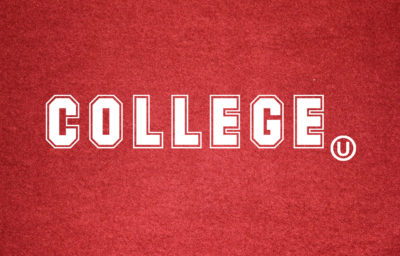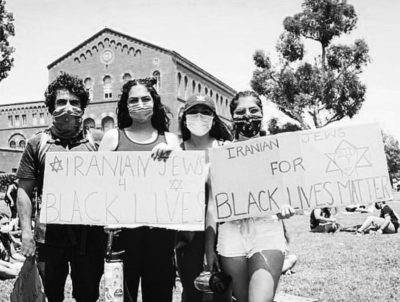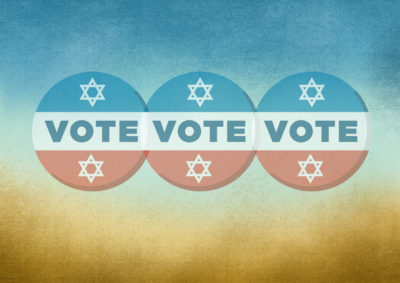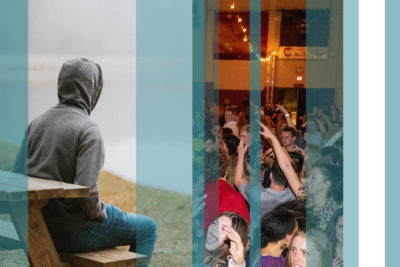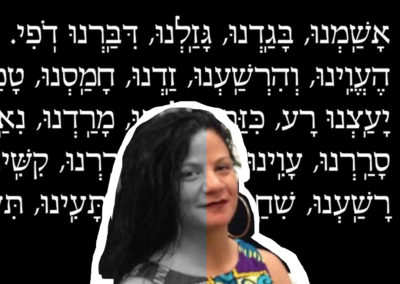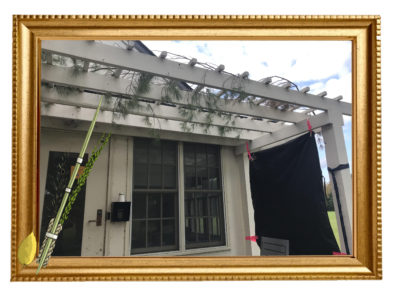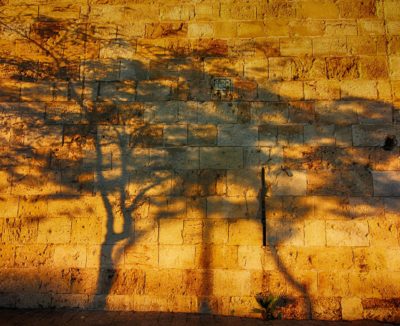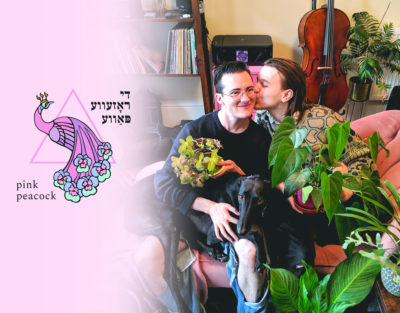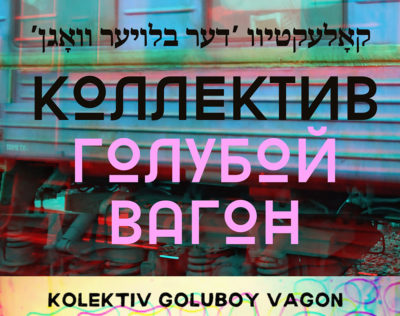Archive
How Jewish students across America are struggling to keep kosher at COVID colleges.
“I used to feel so ostracized, so stigmatized and isolated because of my leftist beliefs…but I don’t feel like a pariah anymore. The network of support I’ve found with other young Persian Jews is small, but it’s really made an immediate difference in our lives. It feels like there’s been a shift in the ground I’m standing on.”
Though litigation, demonstrations, and civil unrest seem likely, many Jewish students are focused on the pursuit of democracy. “The most important thing to remember is that everything we do is political.”
Part one of New Voices Magazine’s 2020 Election coverage, reporting on Jewish student responses to this historic event.
“Four years after my entry into youth groups, I’ve finally been able to process the harmful culture I was subjected to. Now, I’m more than ready to join a discussion about consent and power in Jewish spaces; there is still much work to be done, and we need participation from the community as a whole in order to create a healthier culture for every Jewish teen.”
“Whether we ‘claim’ her or not, whether we knew her or not, as a Jew, Jessica Krug is part of our community. All of us must atone for her transgression, just as all of us must atone for the transgressions of synagogues who hired police and security that scrutinized Black Jews and Jews of Color entering our sanctuaries. There cannot be any evasion here.”
A short instructional guide in six easy steps.
A conversation with the Pink Peacock Café on anarchist Yiddish revival and the tastiest parts of diaspora.
“Remember, post-Soviet Jews are here and we are writing our own stories.” Kolektiv Goluboy Vagon’s zine explores post-Soviet queer Judaism, envisioning a transformative diasporic world.
